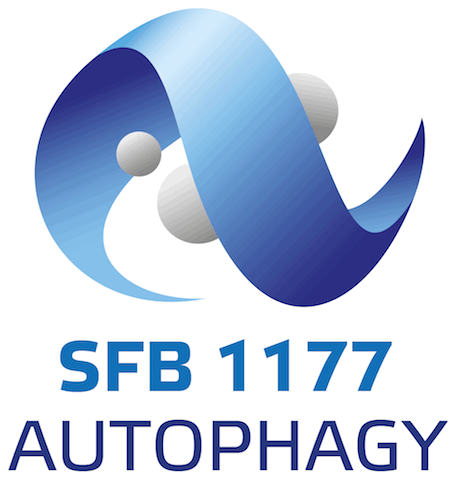WIPI1 acts as an autophagy enhancer
- jlau89
- 30. Aug. 2023
- 1 Min. Lesezeit
New work by the Proikas-Cezanne group shows that WIPI1 acts as an autophagy enhancer. This function is tightly regulated and their publication with Springer Nature in Communications Biology has now shown that the ABL-ERK-MYC signaling axis keeps WIPI1 gene expression at low basal levels. Thereby, MYC binds to the WIPI1 promoter and represses WIPI1 gene expression. If WIPI1 inhibition is lifted and WIPI1 expression is increased, autophagy is enhanced. Physiological relevance of this new signalling axis controlling WIPI1-enhanced autophagy is demonstrated by using C. elegans, where ABL-deficiency elevates the gene expression of the WIPI1 homologue ATG-18, increases the autophagic flux and extends lifespan. Using cell models, the authors also demonstrate, that WIPI1 not only enhances autophagy in single cells, but also impacts transfer of autophagic material from autophagy-competent towards autophagy-incompetent cells through tunneling nanotubes (TNTs).
This work was achieved in cooperation with the Kaulich group and can be accessed via: https://rdcu.be/dkjbb
Reference: Sporbeck K, Haas ML, Pastor-Maldonado CJ, Schüssele DS, Hunter C, Takacs Z, Diogo de Oliveira AL, Franz-Wachtel M, Charsou C, Pfisterer SG, Gubas A, Haller PK, Knorr RL, Kaulich M, Macek B, Eskelinen EL, Simonsen A, Proikas-Cezanne T. The ABL-MYC axis controls WIPI1-enhanced autophagy in lifespan extension. Commun Biol. 2023 Aug 24;6(1):872. doi: 10.1038/s42003-023-05236-9. PMID: 37620393; PMCID: PMC10449903.




